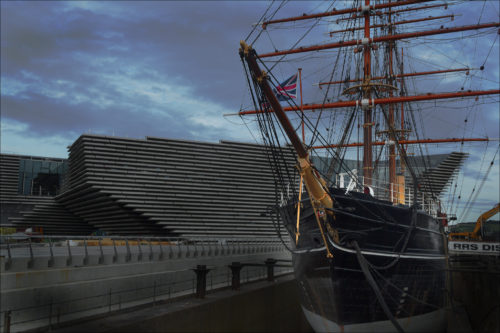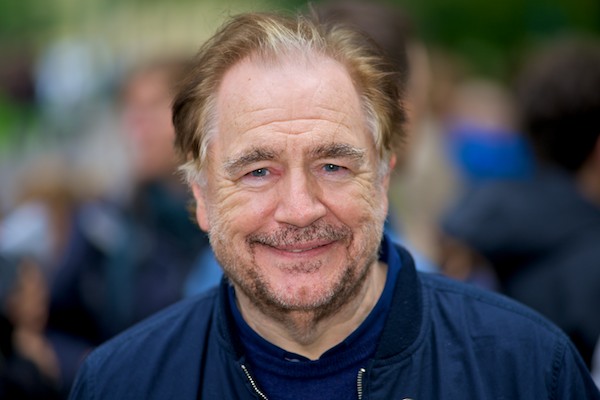Letter from Scotland

We were all caught by surprise this week when the travel guide Lonely Planet named the city of Dundee as one of the top ten places to visit in 2018. What, Dundee a tourist hot-spot? We all thought it had fallen into the sea sometime in the late 1970s. Occasionally we would hear of brave researchers venturing there to explore social conditions on council estates or of working class heroes emerging from its derelict streets, like the late folk singer Michael Marra or the actor Brian Cox.

How wrong we big-city folk were. All very quietly, Dundee has been rebuilding itself. The city of “jam, jute and journalism” (and cash machines, tyres and cheap watches and early computers) has been transformed into the city of bio-science, computer games, and two cracking universities. The central square has been transformed with Dan Dare striding through it. Captain Scott’s ship “Discovery” – built in Dundee in 1901 – has symbolized the re-discovery of the waterfront. And in September the new Victoria and Albert museum of design will open its ship-like holds to the public.
Suddenly we outsiders are waking up to the fact that our fourth largest town is actually a city with a vibrant cultural life of its own – a famous jazz festival, a pioneering theatre, a contemporary arts centre. It very nearly became Britain’s City of Culture last year – only losing out to Hull. And it was in the bidding for European City of Culture before Brexit put a rude stop to that.
Politically, Dundee – like Glasgow – reflects the rise of the SNP. They were both Labour fiefdoms in their heyday but as they declined, so Labour lost its sway. Now both cities are ruled by the SNP and both voted for independence in the 2014 referendum.
This week the SNP has been trying to harness this Dundee spirit by up-dating its economic case for independence and hinting at a summer offensive to win hearts and minds as the Brexit negotiations stumble on. The party’s “Growth Commission” suggests that if Scotland were to focus on innovation, exports and migration-friendly policies, it could become as fast-growing and prosperous as a dozen other small independent countries in the world, such as Denmark, Finland, Ireland, New Zealand and Singapore.
Labour and the Conservatives told Nicola Sturgeon at First Minister’s Questions that she should be concentrating on the immediate problems in education and the health service rather than “obsessing” about independence. The Greens, while in favour of independence, were disappointed with her record on climate change. They want the new Climate Change Bill to set a target of neutral carbon emissions by 2050, rather than just a cut of 90 per cent. Perhaps everyone’s obsession with “growth” will make a cut of 100 per cent impossible. Then we will have some tough decisions to make.
In the short term, our carbon emissions will not have been helped by the spate of bush fires we’ve been having in the dry weather of recent days. There was a large fire at Spittal in Caithness and at Dalmally in Argyll. Even Arthur’s Seat here in Edinburgh caught fire and the glorious yellow gorse bushes on the western slopes have been turned black.
I’m not sure whether the whisky industry contributes to climate change or not but this week has brought another reminder that it is booming. Macallan Whisky has announced it’s to build a new distillery on Speyside. Crabbies are to build one in Leith. No fewer than ten new distilleries were opened in Scotland last year. And on South Uist, the cheekiest one of all is being planned near the very spot where the “Whisky Galore” ship the SS Politician sank in 1944. It will be owned and run by the local community. Enough said.